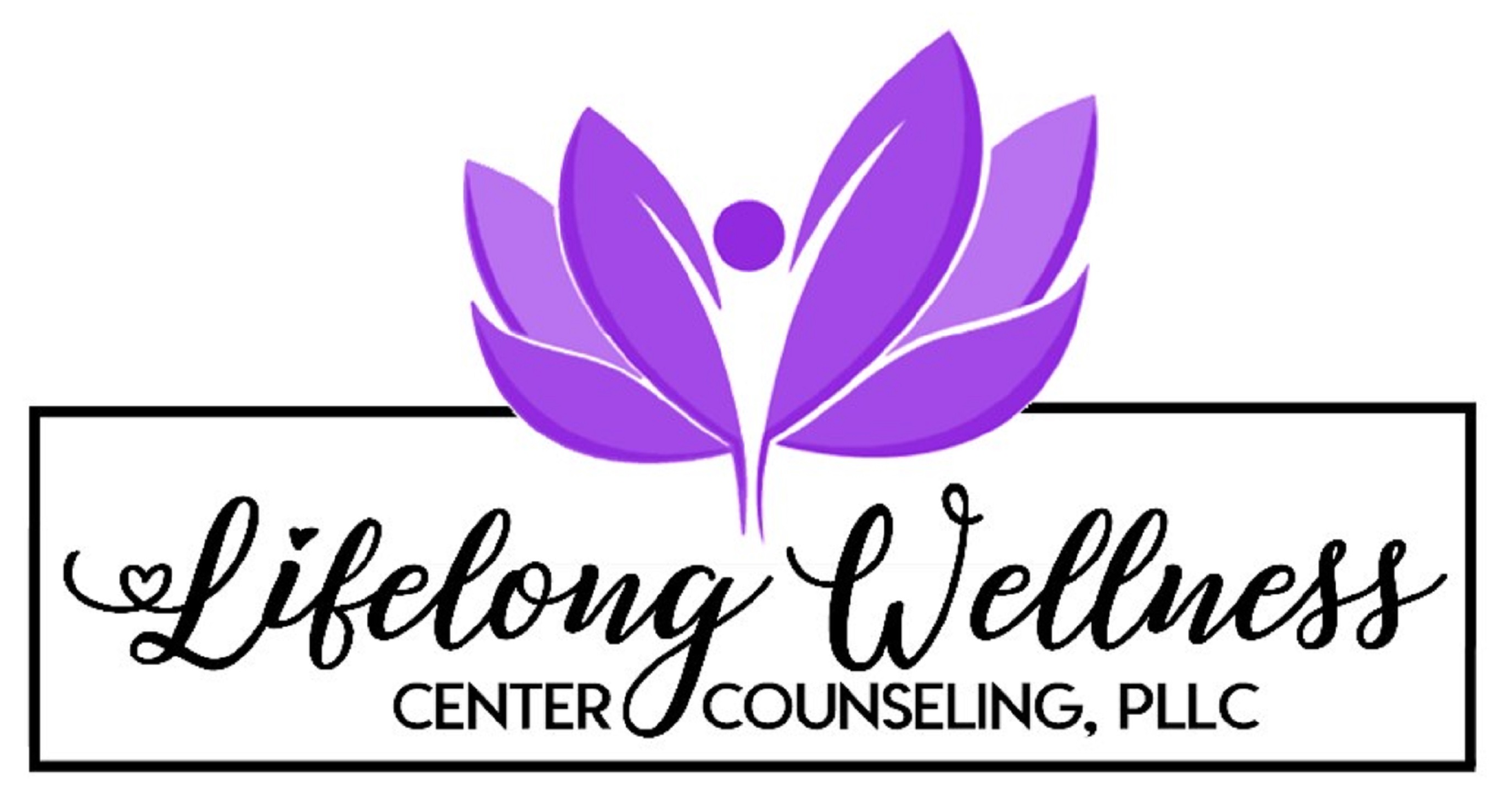Social Skills Group
“Alone we can do so little; together we can do so much.”

SOCIAL SKILLS GROUPS AT A GLANCE
- Children with learning and thinking differences can have trouble with social skills.
- Social skills groups can help kids learn and practice important life skills.
- Social skills groups (typically two to eight members) are led by a counselor who helps kids better interact and relate to others their age.
- Social skills include far more than the ability to communicate with other people. They’re crucial to improving friendships, succeeding in school, and thriving in adulthood.
- Groups help kids learn conversational, friendship, and problem-solving skills. They are useful in teaching emotion regulation and to understand other’s perspectives.
- Kids with all types of learning and behavior issues can benefit from social skills groups.
- Many schools provide social skills groups led by a psychologist or a therapist.
- You can coach your child on social skills at home, too.
DIFFICULTIES WITH SOCIAL SKILLS
When kids struggle with social skills, it can show up in different ways at different ages. Sometimes, these challenges do not appear until grade school or even middle school, when socializing gets more complex. Depending on their age, kids might:
- Talk too much
- Not understand sarcasm
- Share information in inappropriate ways
- Take metaphorical things literally, like “I’m so mad I could scream”
- Not recognize when people look or sound annoyed
- Be a poor listener
- Say inappropriate things
- Not wait their turn to talk
- Withdraw from a conversation with other kids
Having these challenges does not just impact kids’ social lives. It can also make it hard to connect with teachers, family members, and people in the community.


HOW DO SOCIAL SKILLS GROUPS WORK AND FOR WHO?
Social skills groups aid in filling a child’s toolbox with skills that might be lacking in starting a conversation—or keeping one going. Or perhaps a child does not understand body language. The group facilitator leads kids through exercises to learn the skills needed to deal with whatever social challenge they’re facing. Most of these meetings include a chance for kids to role-play or practice social skills—and to get feedback on how they’re doing. Kids can learn important skills that they’ll use for the rest of their lives. This includes, but is not limited to, learning how to: 1. Greet others; 2. Start a conversation; 3. Respond to others; 4. Maintain a conversation; 5. Share and take turns; 6. Ask for help.
Social skills groups are best for children with socioemotional developmental delays. This may include children with ADHD, social anxiety, and nonverbal learning disabilities, who may have trouble picking up on social cues, like body language, tone of voice and facial expressions. It may also include kids with social communication challenges and other types of learning or behavior issues
“Mutual caring relationships require kindness and patience, tolerance, optimism, joy in the other’s achievements, confidence in oneself, and the ability to give without undue thought of gain.”
